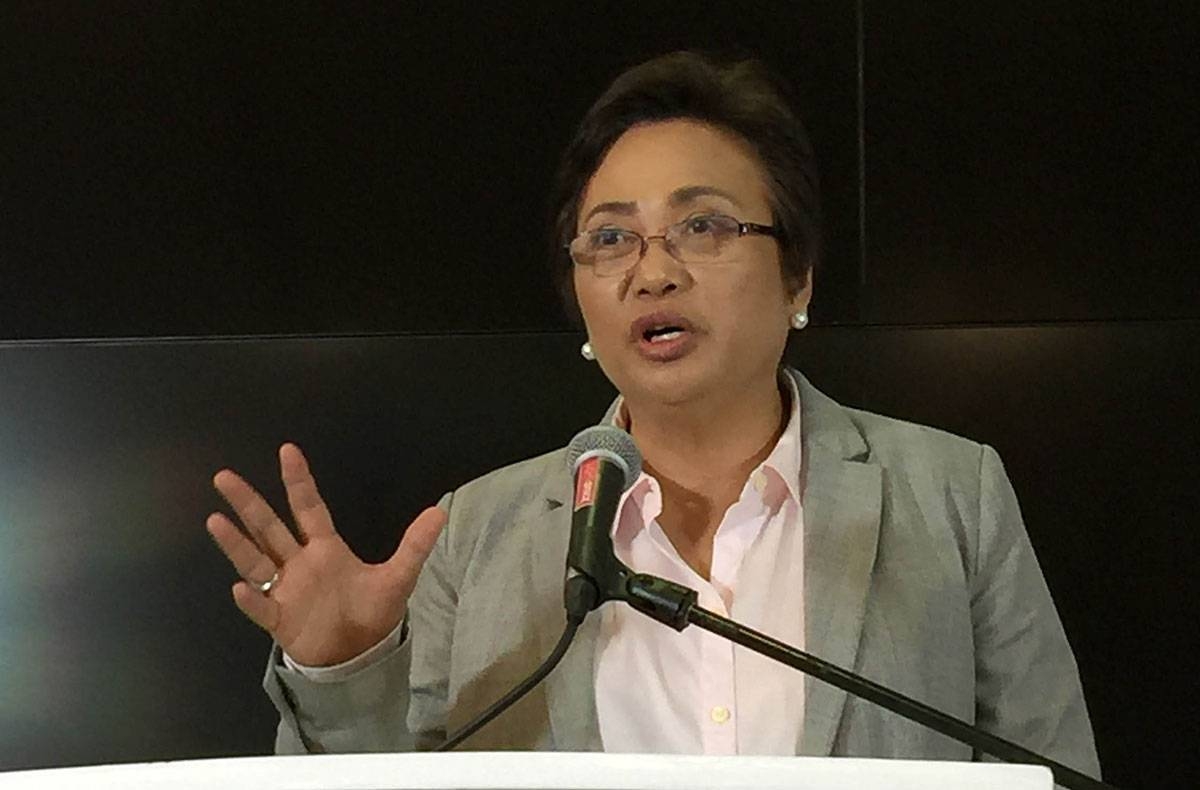The Office of the Ombudsman has recently announced that there is probable cause to indict former Commission on Elections (Comelec) commissioner Rowena Guanzon for two counts of violation of Republic Act 3019, also known as the “Anti-Graft and Corrupt Practices Act.” This development comes after lawyer Ferdinand Topacio and Diego Magpantay accused Guanzon of prematurely disclosing confidential information during interviews regarding disqualification cases against then presidential candidate Ferdinand Marcos Jr. before the Comelec.
As the presiding commissioner of the poll body’s First Division, Guanzon played a crucial role in handling the disqualification cases against Marcos. Guanzon openly expressed her vote to disqualify Marcos from the elections and, in another interview, revealed the identity of the ponente, the person responsible for writing the Comelec resolution, along with her separate opinion.
The Ombudsman has firmly stated that Guanzon’s argument, claiming that the information she disclosed is not considered confidential, is unconvincing. In a resolution dated July 25, 2023, but only made public recently, the Ombudsman emphasized that all information obtained by Guanzon in the exercise of her quasi-judicial powers should be treated as confidential. The Ombudsman also referred to the Supreme Court’s prohibition on the disclosure of a ponente’s identity and internal deliberations, which extends to other branches of government, including the Comelec.
According to the Ombudsman, until the official release of the decision or resolution, the individual positions, votes, or opinions of the Comelec commissioners should be regarded as confidential. Only after the public release should the name of the ponente and their separate opinion be made available to the public. Guanzon’s “improper disclosure of confidential information” has led the Ombudsman to find probable cause to indict her for violation of Section 3 (k) of RA 3019, which prohibits the disclosure of valuable information of a confidential nature.
However, the Ombudsman dismissed Topacio’s accusation that Guanzon violated Section 7 of Republic Act 6713, also known as the “Code of Conduct and Ethical Standards for Public Officials and Employees.” The Ombudsman stated that there was no evidence presented to prove that Guanzon was motivated by any private interest or that she provided any unwarranted benefits to a private party as a result of the information disclosure. Furthermore, there was no indication that Guanzon intended to prejudice the public interest through her actions.
In response to the allegations, Guanzon has maintained her innocence, stating that she did not steal from the government. She asserts that the case filed by Topacio is related to her interviews concerning the Marcos disqualification case. Guanzon took to her official X account, formerly known as Twitter, to express her perspective, saying, “It was my duty to inform the public that some powerful people were interfering in the Comelec and that the elections were at serious risk.”
It is important to note that the indictment of a former Comelec commissioner for violation of the Anti-Graft and Corrupt Practices Act raises concerns about the integrity and confidentiality of the electoral process. The case against Guanzon highlights the need for public officials to exercise caution and adhere to the ethical standards expected of them. Upholding the principles of transparency and fairness is crucial in maintaining the public’s trust in the electoral system and ensuring the integrity of democratic processes.
As this case progresses, it will be interesting to see how the legal proceedings unfold and what impact it may have on future electoral processes. The outcome of this case could potentially set a precedent for the handling of confidential information by public officials and the consequences they may face for any breaches.







